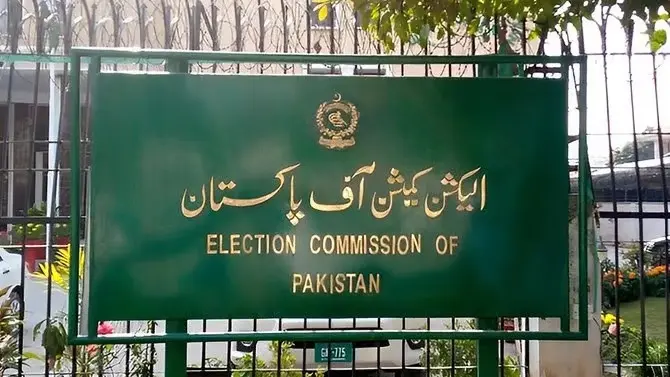After Pakistan’s election, discussions between Nawaz Sharif’s PML-N and Bilawal Bhutto Zardari’s PPP consider a coalition, potentially dividing the prime minister’s term.
This shift, surprising many, arises from PTI-supported independents’ unexpected electoral strength.
The talks suggest a return to shared governance, aiming to counter Imran Khan’s PTI’s resilience.
Achieving a National Assembly majority complicates matters, with allocations for women and minorities possibly favoring the coalition.
Yet, leadership disagreements linger. PML-N’s engagement with independents like Waseem Qadir from PTI illustrates the evolving political scene.
PTI, however, remains opposed to joining forces with either party.

Election integrity concerns and PTI’s popularity underscore the coalition’s reliance on military endorsement and its economic strategy, including IMF dealings.
The power-sharing notion raises questions about the future government’s effectiveness and reform capability.
Background
Pakistan’s election landscape has shifted, with PML-N and PPP contemplating a power-sharing deal, despite PTI’s notable influence under Imran Khan.
This proposed coalition, dividing the prime ministerial role, reflects a strategic response to a fragmented political environment.
It signals a potential for collaborative governance, reminiscent of the Pakistan Democratic Movement’s unity efforts.
This development highlights PTI’s enduring presence in Pakistani politics, even amid Khan’s challenges.
The coalition between PML-N and PPP, once rivals, now seeks a pragmatic approach to governance, possibly setting a new standard for political alliances in Pakistan.
The coalition’s ability to navigate Pakistan’s economic hurdles, especially upcoming IMF negotiations, will be crucial.
The success and policies of this potential government will significantly influence Pakistan’s path toward stability and growth, marking a critical juncture in its political and economic landscape.

